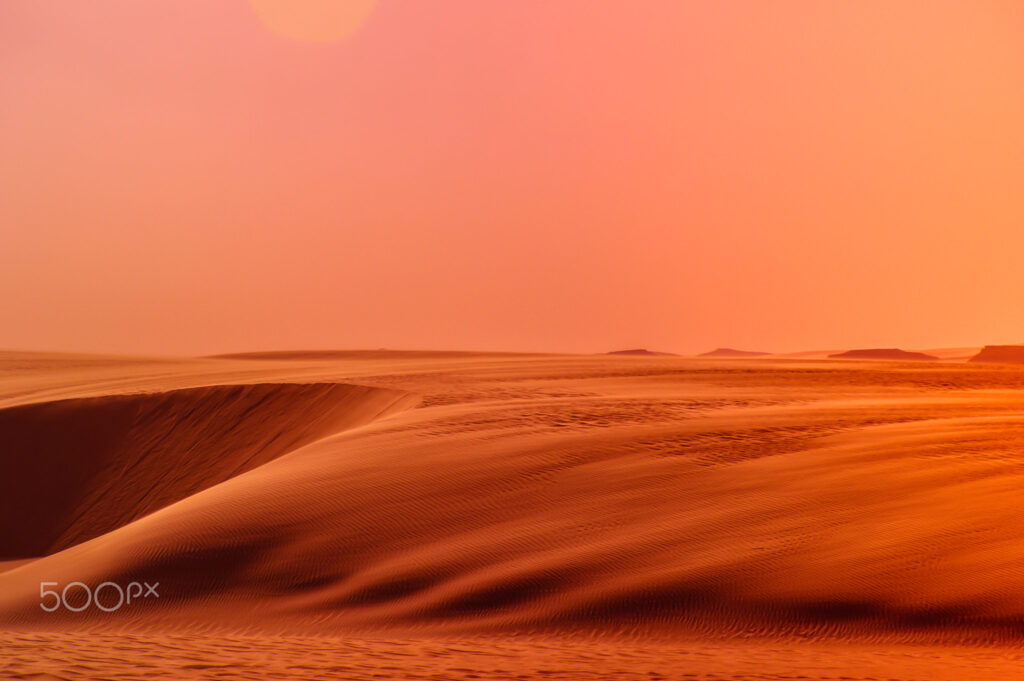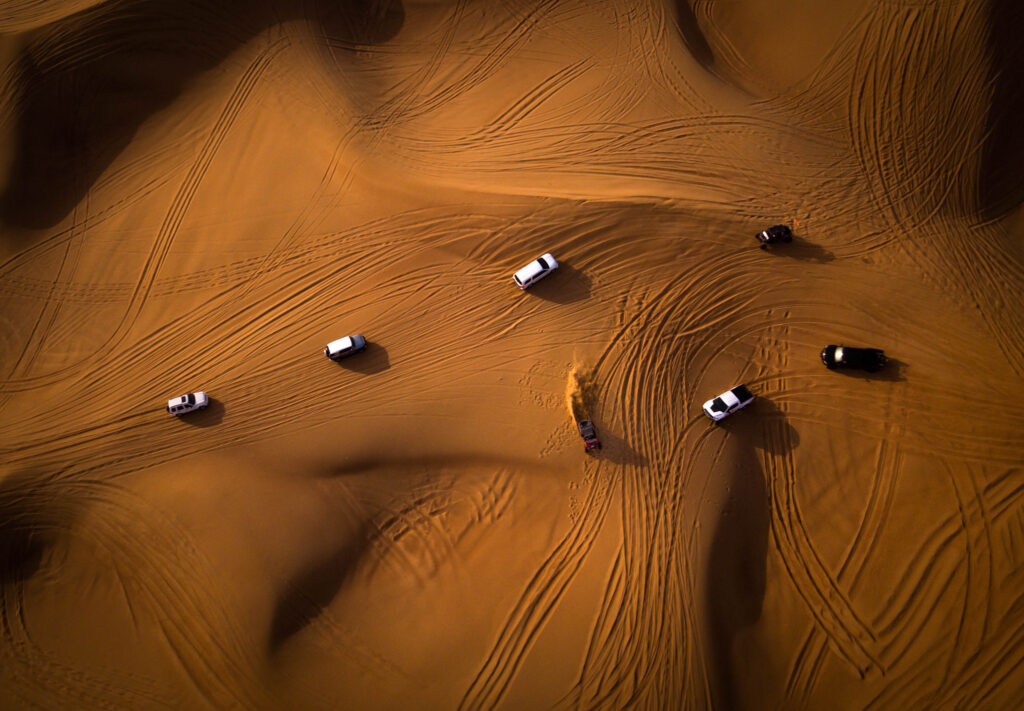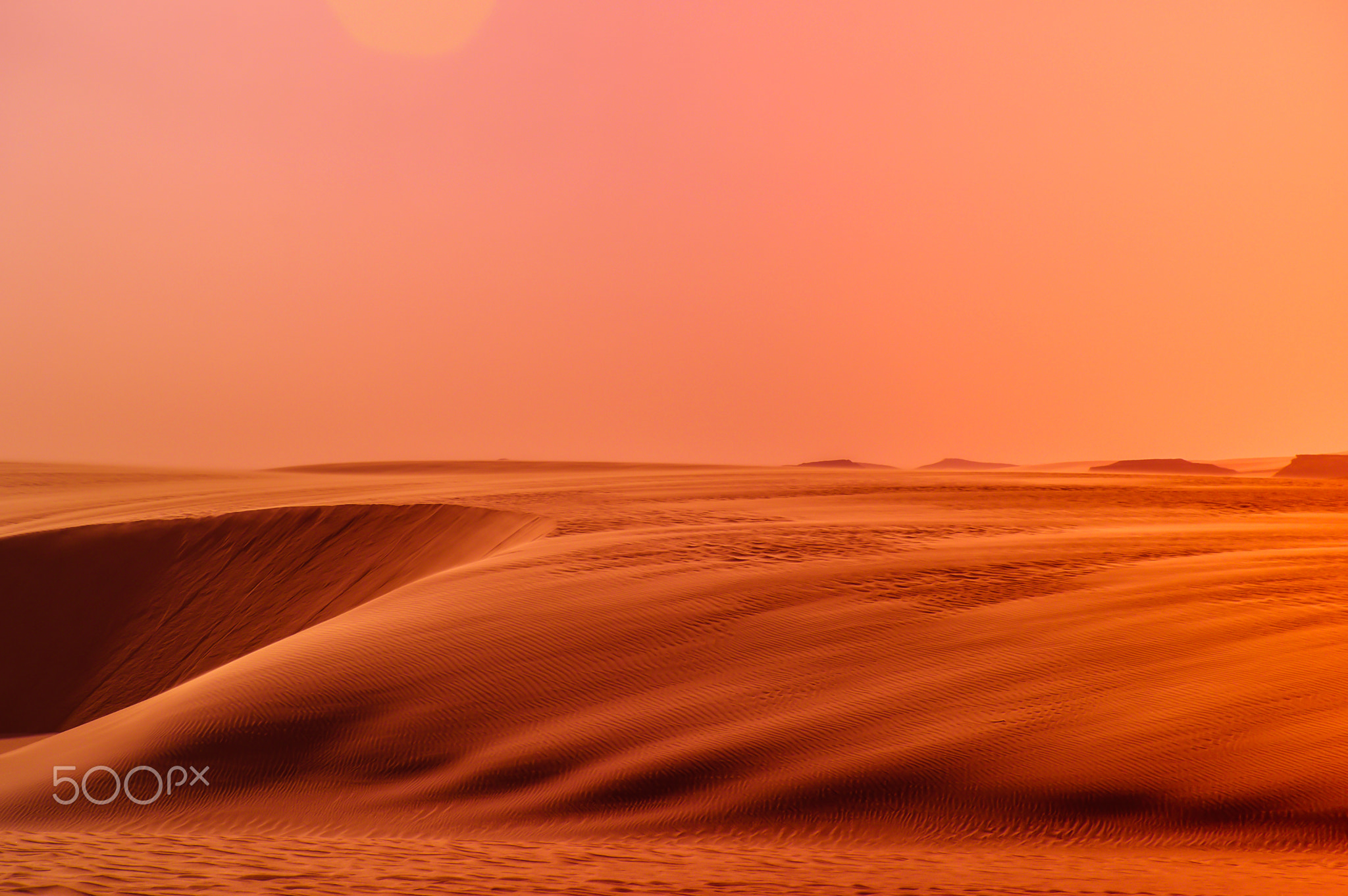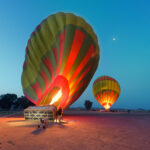The allure of Dubai’s desert, with its vast dunes, serene landscapes, and rich cultural history, has made red dunes desert safari a staple of the region’s tourism. However, with the growing global emphasis on sustainability, Dubai’s tourism industry is evolving to incorporate eco-friendly practices into these adventures, making them more environmentally conscious while preserving their appeal.
The Need for Sustainable Red dune Desert Safari Tourism
As tourism in Dubai continues to surge, the ecological impact of popular activities like red dune desert safari with Quad bike becomes a growing concern. Heavy vehicle use, littering, and unregulated off-roading have traditionally contributed to desert degradation. In response, sustainable red dune desert safari tourism initiatives aim to mitigate these impacts by fostering environmental preservation and cultural respect
Eco-Friendly Practices in Red Dune Desert Safari
Electric and Hybrid Safari Vehicles
Traditional dune bashing vehicles are known for high fuel consumption and carbon emissions. Companies are now introducing electric and hybrid vehicles to minimize their carbon footprint. These vehicles not only reduce emissions but also offer quieter rides, enhancing the natural desert experience for tourists.
Solar-Powered Camps

Many desert camps are transitioning to solar power for electricity needs. Solar panels provide energy for lighting, cooking, and water heating, reducing reliance on fossil fuels and showcasing the feasibility of renewable energy in remote environments.
Waste Management Initiatives
Sustainable safari operators are implementing strict waste management protocols, including the reduction of single-use plastics, proper waste disposal, and recycling programs. Tourists are encouraged to participate in leave-no-trace practices, ensuring the desert remains pristine for future generations.
Eco-Lodging Options
Luxury desert camps are embracing eco-friendly designs with biodegradable materials, water conservation systems, and natural ventilation. These camps blend seamlessly with the environment, offering guests an immersive, guilt-free experience.
Cultural and Educational Integration
Sustainable red dunes desert safari with Quad bike are increasingly incorporating cultural elements to educate tourists about the region’s heritage. Activities such as traditional Bedouin storytelling, falconry demonstrations, and local culinary experiences not only enrich the visitor experience but also support the preservation of Emirati culture.
Moreover, guides often emphasize the ecological significance of the desert ecosystem, educating tourists on local flora and fauna and the importance of conservation efforts. This educational approach fosters a deeper connection between visitors and the environment, encouraging responsible tourism practices
Economic and Social Benefits
Sustainable red dunes desert safari tourism also supports the local economy by creating jobs for residents and promoting local crafts and cuisine. By partnering with local communities, tourism operators ensure that economic benefits are shared, fostering a more inclusive and resilient tourism sector.
Additionally, eco-tourism initiatives contribute to global sustainability goals by reducing carbon footprints and promoting environmental stewardship. These efforts position Dubai as a leader in responsible tourism, appealing to the growing number of eco-conscious travelers worldwide
Challenges and Future Outlook

While progress is notable, challenges remain in fully integrating sustainability into red dunes desert safari . The high cost of eco-friendly technologies, the need for widespread industry adoption, and ongoing environmental education are areas requiring further development.
Looking ahead, Dubai’s commitment to sustainability is likely to inspire continued innovation. The implementation of stricter regulations, incentives for eco-friendly practices, and greater awareness campaigns will further transform red dunes desert safari tourism into a model of sustainable adventure.
Conclusion
Sustainable red dunes desert safari are not only redefining tourism in Dubai but also setting a benchmark for eco-tourism worldwide. By prioritizing environmental conservation, cultural preservation, and community engagement, these initiatives ensure that the magic of the red dune desert safari can be enjoyed responsibly for generations to come. As the industry evolves, tourists can look forward to enriching, eco-conscious adventures that respect both nature and heritage, making their experiences in Dubai truly unforgettable.











